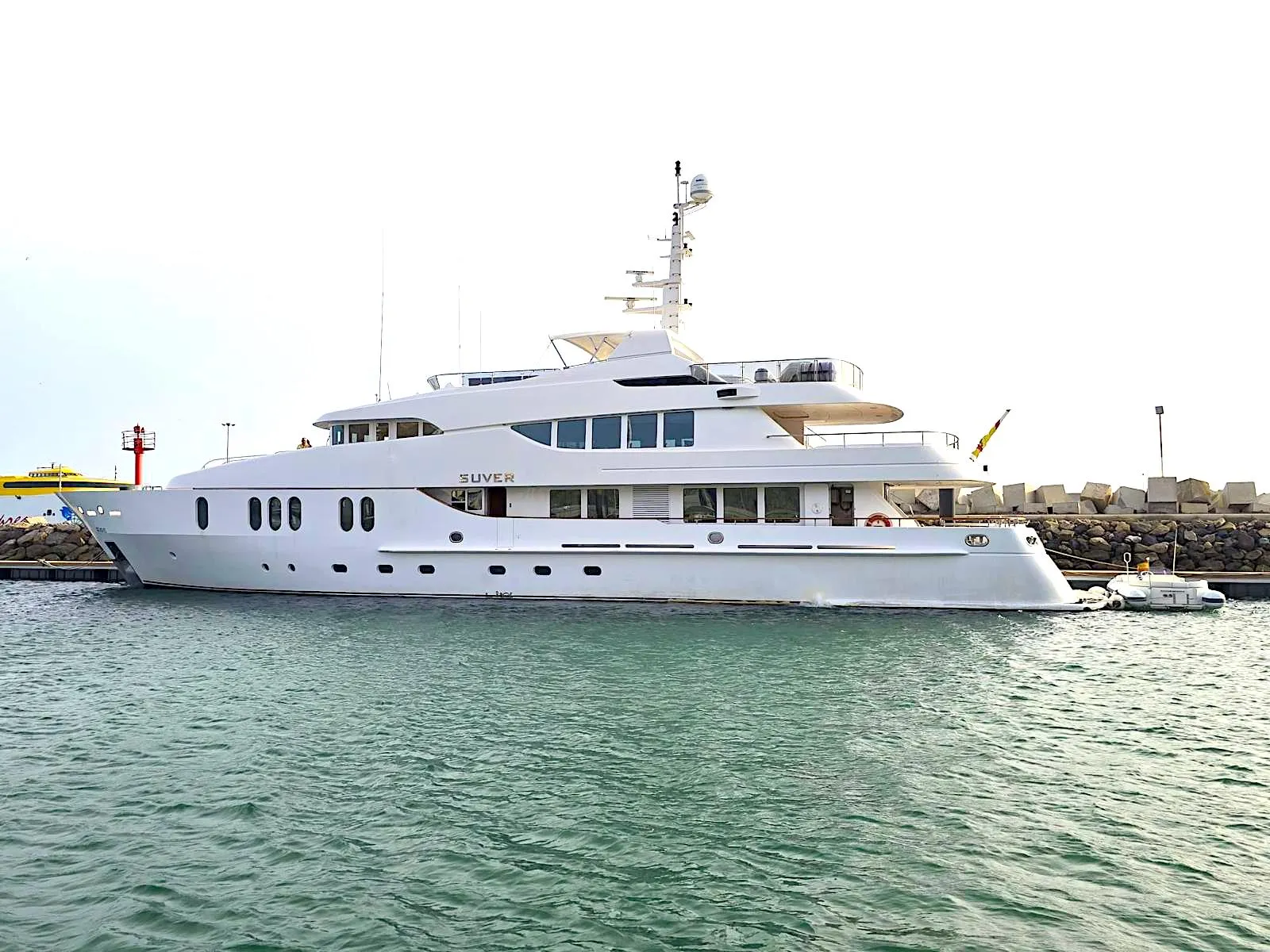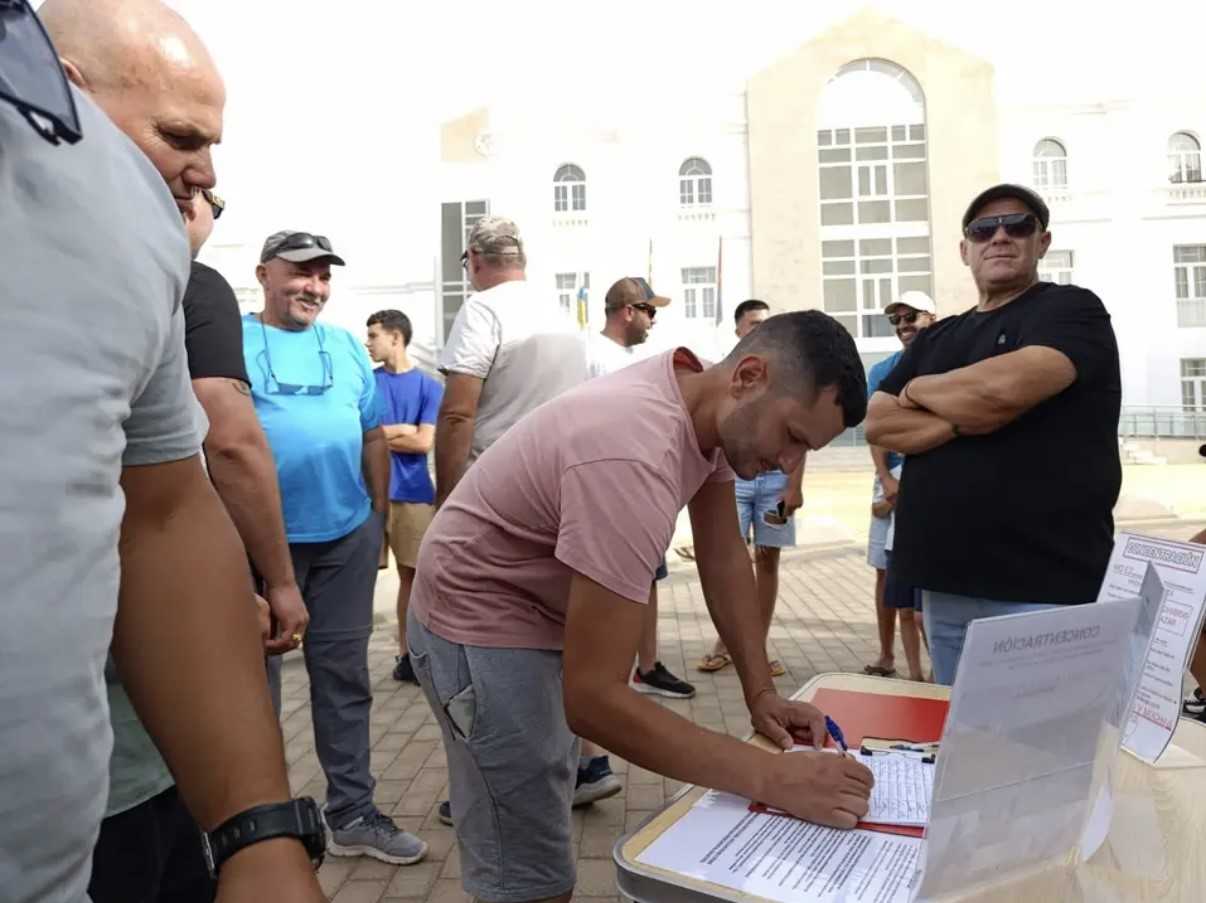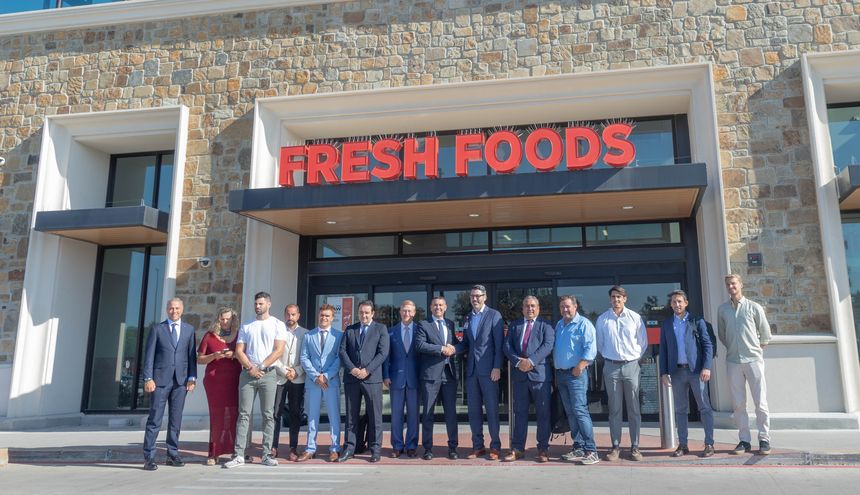Echedey Aguilar Hernández (Tiagua, Lanzarote) has spent the last two months living in Havana, the capital of Cuba, as part of a pioneering research project. Recently graduated in Computer Engineering from the University of Seville, this 23-year-old from Lanzarote arrived in the Caribbean country to develop an international cooperation initiative aimed at studying Cuban biodiversity.
This Lanzarote native has been working for a year as a researcher at the University of Seville, where he is involved in a green hydrogen project.
Aguilar and his companion from Huelva, Claudia Trancón Jiménez, landed in the Cuban capital in July and returned to Spain just a day before granting an interview to La Voz last Tuesday. During their stay, they developed the project Valuing the Biodiversity in the Municipality of Boyeros (Cuba) through the Use of IoT and AI Technologies: OPTES.
Although the project name may seem cumbersome at first, both engineers focused on capturing the sounds emitted by birds and analysing the level of biodiversity in a specific area using “mini computers” and a portable battery to counteract the frequent power outages in Cuba.
The research was conducted in the municipality of Boyeros, one of the 15 that make up Havana, which encompasses both natural and urban areas. In this city, construction is pushing birds into more natural zones.
To enhance their results, the researchers, guided by Spanish professors Julio Barbacho Concejero and Natalia Moreno Naranjo, alongside Cuban professor Juan Carlos Cruz from CUJAE University in Havana, utilised a programme implemented with artificial intelligence that identifies the name of each bird based on the sound it makes.
Furthermore, to assess the biodiversity indices in the area under study, they received support from biologists at the University of Valencia.
Before departing from the country, they conducted workshops for Master’s students—equivalent to Master’s studies in Spain—explaining how the devices work, how to install them, and how to leverage artificial intelligence to continue the initiative after their departure.
A Research Grant
Although the time Echedey Aguilar and Claudia Trancón spent in Havana was unpaid, they received a research grant that covered their accommodation, food, and travel expenses. To spend the summer in the country, they rented a house in the village of Viñales using foreign currency from a man who turned out to be an ornithologist.
“Many tourists come, often with their eyes closed, sticking to predetermined routes and failing to see reality,” Aguilar notes, explaining that during his time in Havana he observed “great need” due to a lack of resources in areas such as healthcare and food.
He also pointed out that during the summer months, the university was closed, and study discussions took place at the professor’s home. “Professors work well into old age because their salaries are very low compared to those here,” he added.
Currently, his return to Spain does not signify an end to the project, as he is considering travelling back to the Cuban capital next year.















